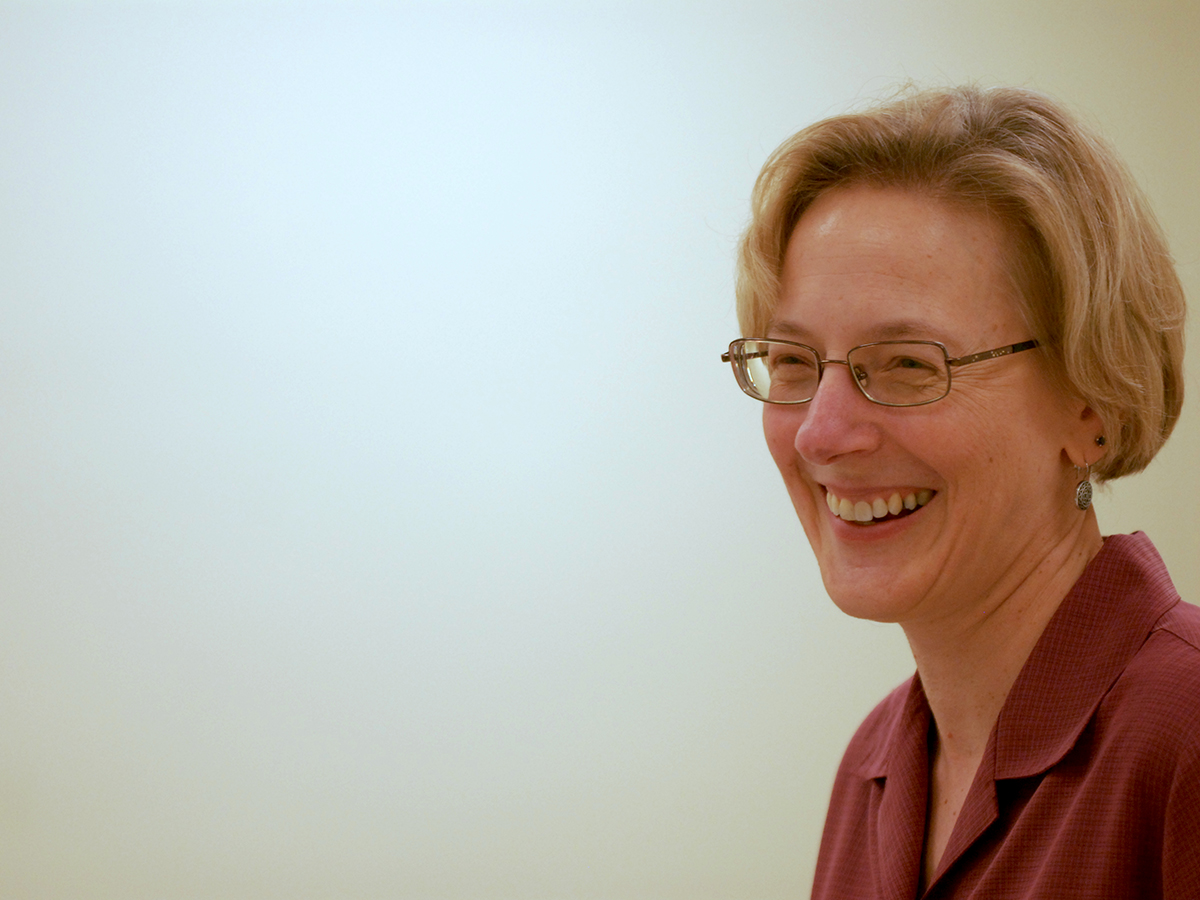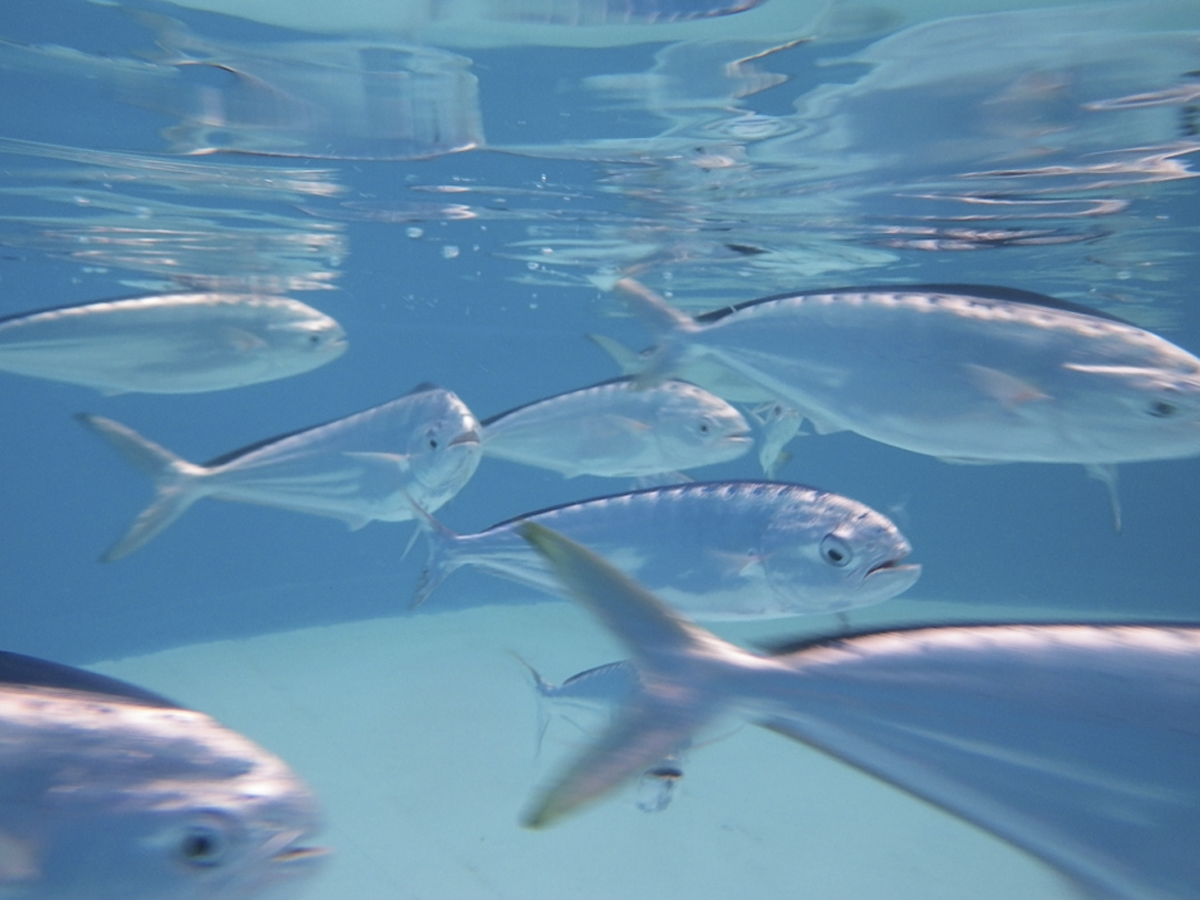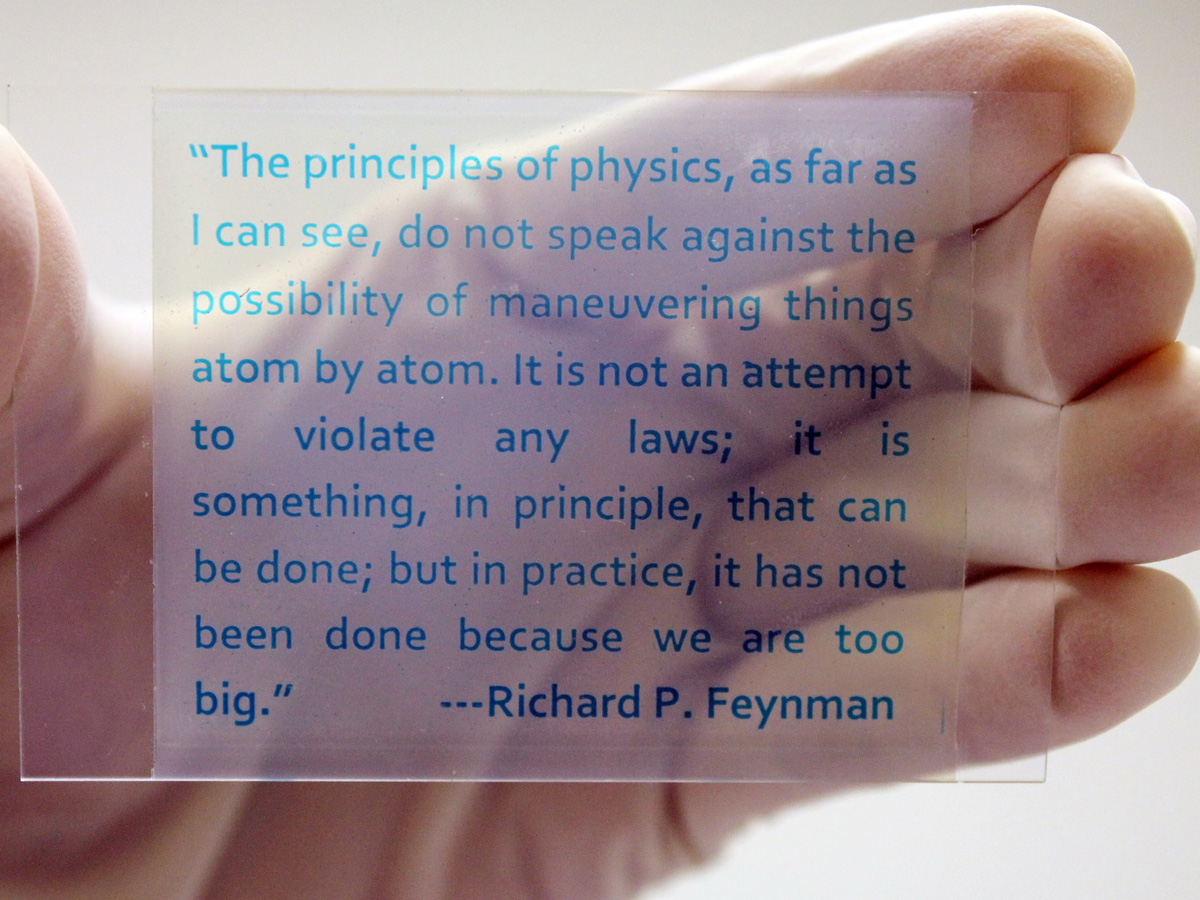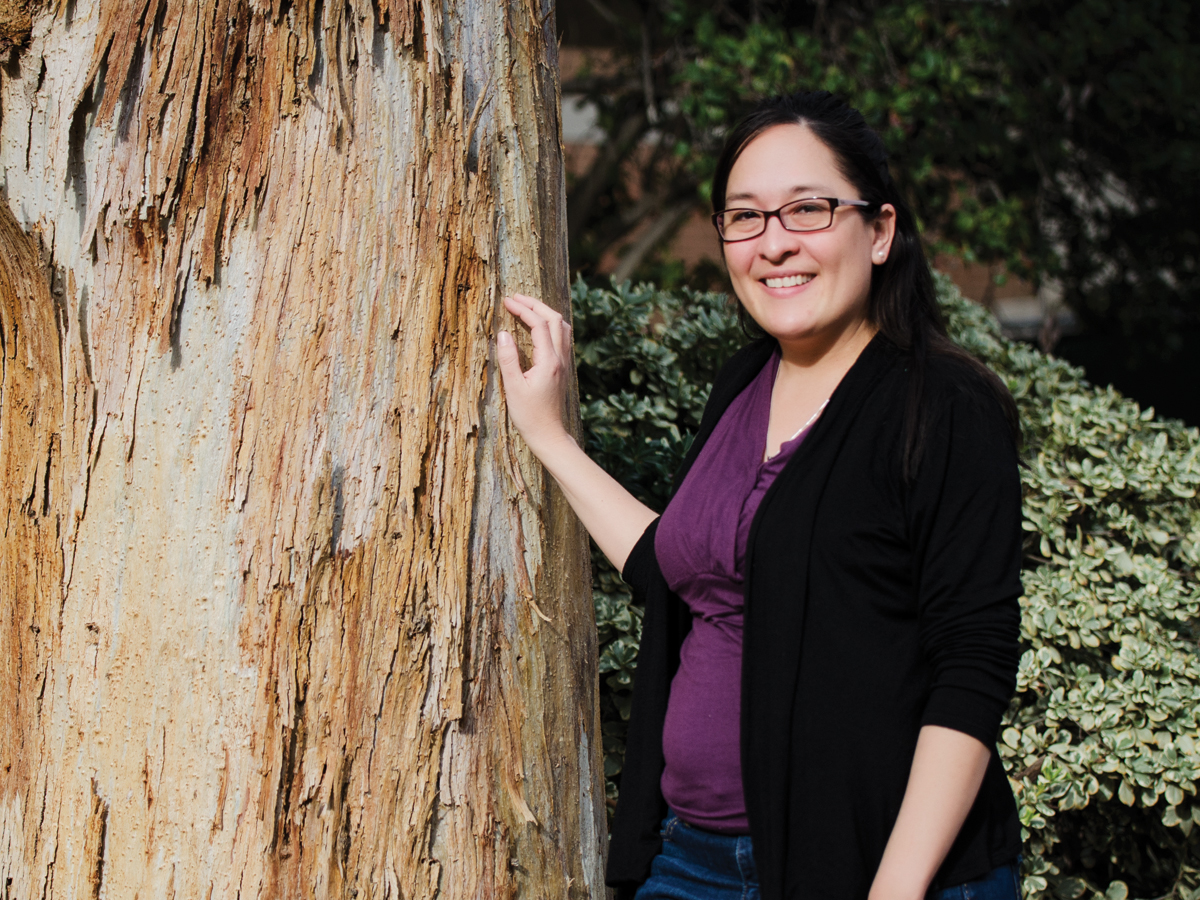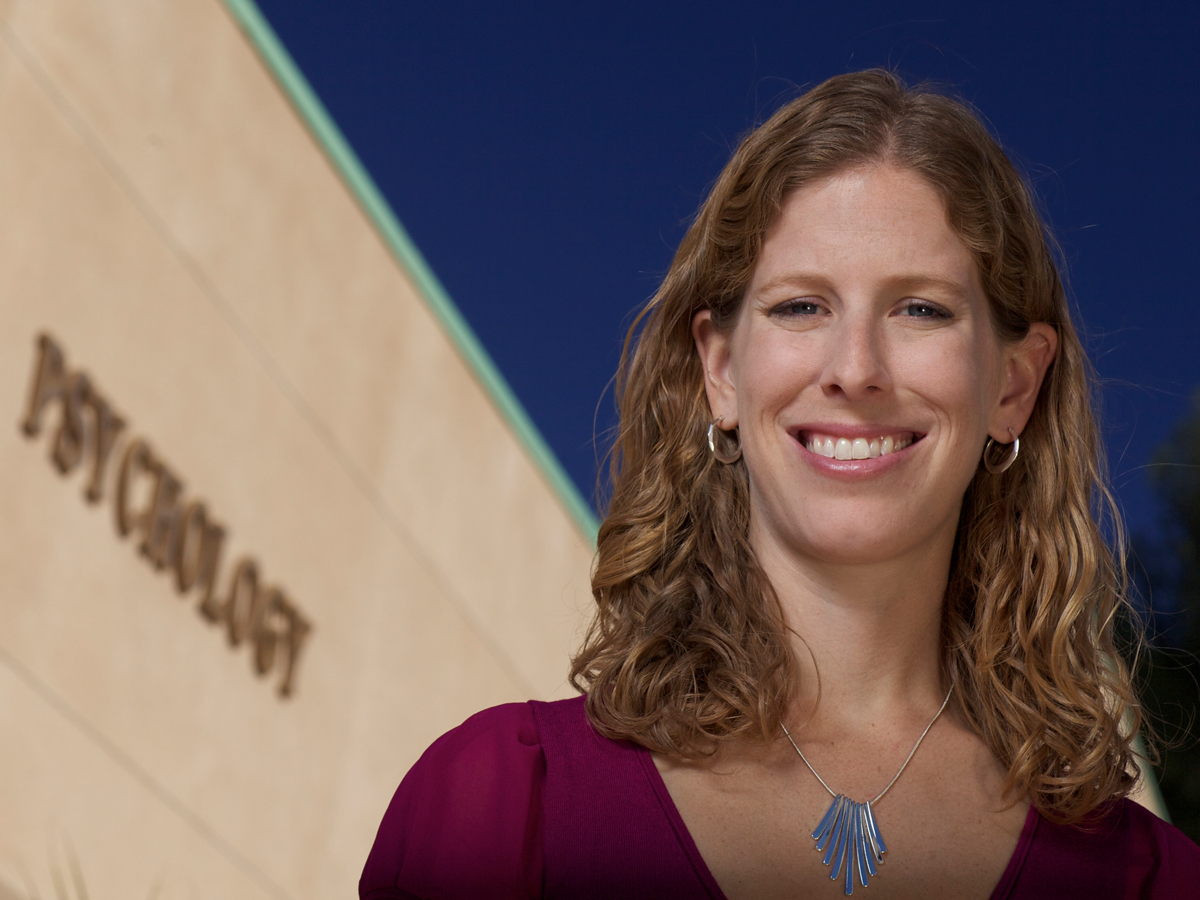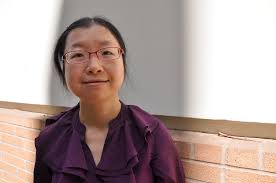Grant studies fish exposed to oil spill
UCR researchers will receive $835,000 of a $9 million grant over a span of three years to study the cardiovascular effects of the 2010 Deepwater Horizon Oil Spill on two species of fish, the...
Reusable paper faces challenges of becoming a marketable product
The Yin Group, a UCR-based research team, recently published an article related to the development of reusable paper in the academic journal “Nature Communications” on Dec. 2. Led by Yadong Yin, the research could...
Orchid research blossoms due to federal grant
A research group that includes UCR Botany and Plant Sciences postdoctoral research fellow Katia Silvera has received $469,000 in funding from the National Science Foundation (NSF) to conduct research on an unusual form of...
Spider experts say that bites do not cause bacterial infection
A study led by a former UCR entomologist suggests that, contrary to popular belief, spider bites do not lead to bacterial infections in humans. Headed by spider expert and retired UCR staff research associate...
Research shows when waiting periods cause the most anxiety
As students across the university anxiously await the end of quarter and a new year, UC Riverside psychology professor Dr. Kate Sweeny has helped determine which time periods and for whom periods of waiting...
UCR researchers make breakthrough in yellow fever
A research team led by UCR Associate Professor of Biomedical Sciences Dr. Ilhem Messaoudi recently made a breakthrough in the management and detection of yellow fever, a tropical disease responsible for 200,000 infections and...
The Lab: UCR psychologist receives $2.7 million in federal funding
UCR psychologist Sara Mednick and her team of researchers have received about $2.7 million in federal funding for her research on sleep and its importance on memory. Mednick’s research focuses on the effects of...
“Tiger parenting” detrimental to children, new UCR study shows
Dr. Cixin Wang, a UCR professor at the Graduate School of Education, recently helped complete a study to determine the effects of punitive parenting, also known as “tiger parenting,” on Chinese youths. The study...
Cyberbullying increases as students age
A recent psychology study published by Cixin Wang, an assistant professor in UCR’s Graduate School of Education, and other researchers discovered that physical and verbal bullying decrease, while cyberbullying increases, as students age. The...
UCR receives largest federal grant to improve energy usage
A UC Riverside-led project has received $12 million over four years from the U.S. Department of Energy (DOE) — the largest single federal grant the campus has ever received — to improve the nation’s...






